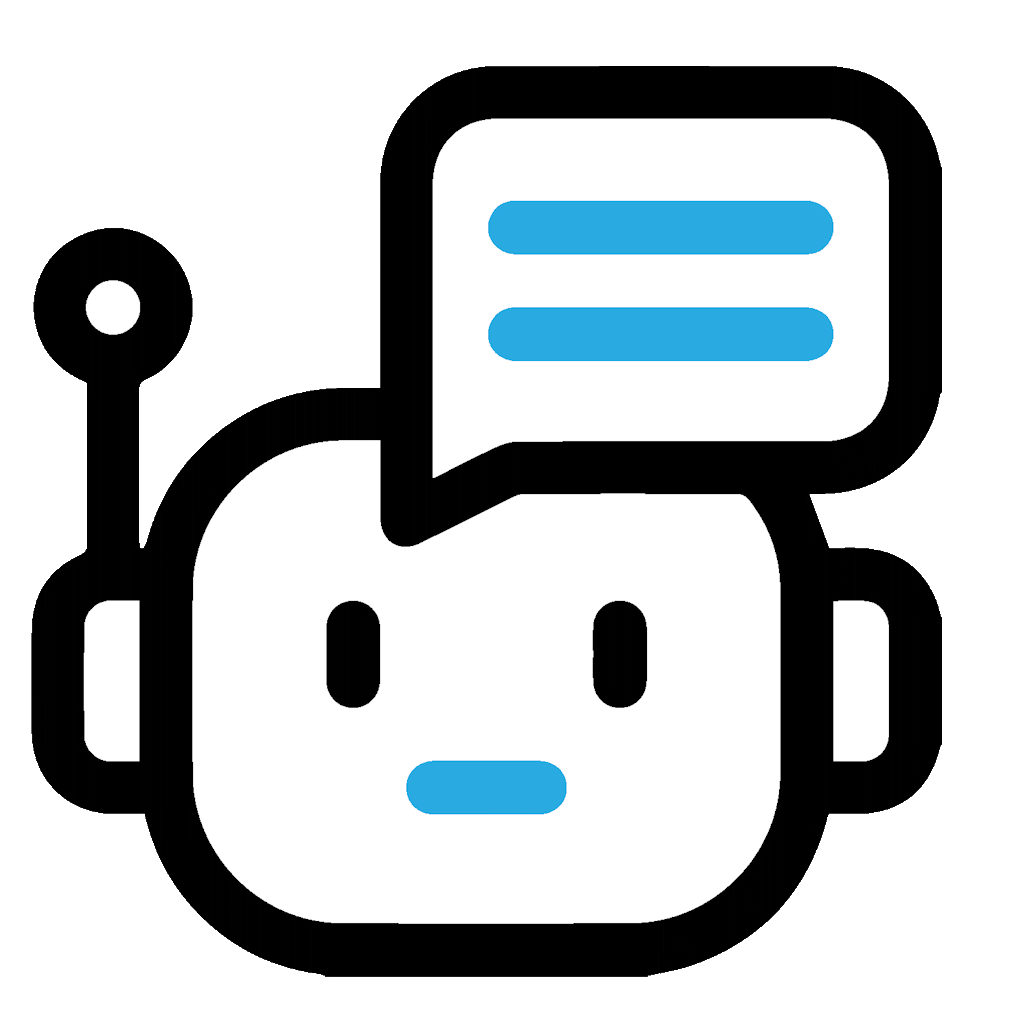Making AI-generated text undetectable is a skill. It requires constant efforts and monitoring. Some technologies find Artificial Intelligence (AI) content by looking at patterns. They see if there are repeated phrases or layouts that AI usually makes.
Finding these patterns shows that a computer, not a person, made the content. Another thing to look at is grammar and sentence setup. AI tools check sentences to find odd mistakes that humans usually do not make. Also, checks on context are important. They make sure the content makes sense all through, showing errors that mean a machine made it.
But, these ways to find AI content can fail. Leaning too much on patterns is a weak point. Since the algorithms search for set patterns, small changes can miss being caught, making mistakes.
Also, AI-finding systems cannot always understand the context well. They cannot catch subtle details as people do, which can make them wrong about whether AI made the content.
Improving AI-generated Text
To better make Artificial Intelligence generated text not detected, we need to make text generation better. Begin by changing language and how you say things. Using different words and sentences can make writing look more natural and not made by a formula. It is key to act like humans in writing. Add in natural phrases that people often use to sound real.
A good way also is to include small mistakes on purpose. Making little grammar mistakes can look like a person’s error, making it hard to spot the AI. In the same way, making small spelling or punctuation mistakes on purpose can make writing seem like a person did it, as being perfect can show it is from a machine.
Maintaining Contextual Relevance
To make AI chats seem real, it is very important to keep the context right. AI must remember what was talked about before. It should keep the conversation smooth. Using memory techniques is good for this. If AI can remember old conversation, it will stay on topic. It might save information from past questions to improve later talks.
Learning from the conversation is also key for AI. It needs to change its answers as the conversation goes on. This is like how people talk. The AI looks at what is being said. Then, it can say things that make sense and keep the conversation going smoothly.
Eliminating Redundant Responses
AI should not repeat itself to keep people interested. Answers should be new and different. This makes the conversation feel new to the user. AI can do this by having many answers ready. It can also make up new things to say. This keeps the text fun and not boring.
Using the right knowledge dates is important. AI should say when it last got updated. This shows it is honest. Users then trust the AI more. They understand what the AI knows. This makes the text seem more true.
Mimicking Human Interaction
Using breaks like a human does in AI conversation helps. When AI types with pauses, it feels more real. If AI takes longer to answer hard questions, it seems like it is thinking. This makes it seem less like a machine.
AI can seem more human by changing how fast it answers. If AI takes more or less time, depending on the conversation, it feels more real. This makes the AI look like it thinks more. This variation acts like how humans behave. It makes the text seem less sure and more interesting.
It is very important to change how we speak depending on the situation to make good AI talks. If AI changes its voice to fit the mood and topic, it will better match human feelings. This makes users happier and more interested in the conversation, so it means more.
Different Communication Mediums
We must think about how ChatGPT generates text in different ways, like voice and text. Voice problems like strange tones or robot-like talking can show it is AI. Voice-making must get better to copy how humans talk with breaks, tone changes, and feelings in their voices.
In text conversation, being polite changes based on where you are talking. For example, a message on social media can be easy with faces and short words, but an email should be more serious. Making ChatGPT talk in the right way for each place stops people from thinking it is AI. Making the tone right helps it fit in everywhere.
Cross-Platform Consistency
Staying the same across different platforms is very important. ChatGPT should change how it generate text for each place. For example, writing on a serious LinkedIn post is very different from a relaxed Facebook comment. Making sure the AI changes how it talks for each place makes it seem more real.
Also, using different kinds of content is very key when you talk on many platforms. Putting in pictures, videos, or voice messages makes the conversation more interesting and makes it like how humans use language. Using many kinds of content also makes the conversation more complex. Then, people are less likely to say it is from AI.
Testing again and again
It is important to do secret tests to make AI that people cannot find. Testing ChatGPT with real people gives us good ideas about how well it copies talking with humans. These tests help developers to see which versions work best. Tests make feedback loops very important. By always making the AI better from these tests, developers can make the AI seem more real slowly.
Use what users say a lot. Quick changes based on what users say right now make the technology better. This way, AI keeps getting better because of the data from talking to people, and ChatGPT slowly becomes more clever. Stories from users, reviews, and always talking to users make the AI seem more like a real person.
Ethical Considerations
People need to know when they talk to AI, not people. The ethical aspect is one of the potential AI risks. We must have good rules for telling people about AI. These rules must say when and how we use AI so users know the truth.
Saying yes to using AI is also very, very important. Saying yes lets people choose to use AI on purpose. This makes trust and keeps things right when we use technology.
If we do not control AI, it can be dangerous, like lying or taking private information. We need rules for the right AI use to stop these dangers. The rules must say what is okay to do and help everyone who makes or uses AI. The right way to use AI is to make sure it does good things and does not hurt people’s rights or what is normal in society.
We always need to watch out for AI being used the wrong way. We must check how AI is used all the time to see if there are bad things happening. We need ways to stop people from using AI wrong, and we need to act fast if we find this. These things stop people from using AI for bad things and make sure AI is used to help.
Conclusion
AI texts are getting better all the time. As we get better at NLP and learning for machines, AI gets better at making text like humans. They keep context better, use diverse language, and copy feelings in tone. This makes the text sound real and more interesting.
Makers of AI are looking not just at words but at how it talks. AI that comes later will likely get better at small meanings, culture hints, and what each person likes. This makes using it feel better and makes it hard to see the difference between people and AI talking.
This brings up big questions. As AI gets better at knowing itself, can it get so good no one can know if AI or a person made the text? How will this change making content, helping customers, and talking to people?
There is also a question about what is right and wrong. As AI gets better at sounding like a person, it makes us worry about if we can trust it or see through it. How do makers of AI make it good but also think about it tricking people?

